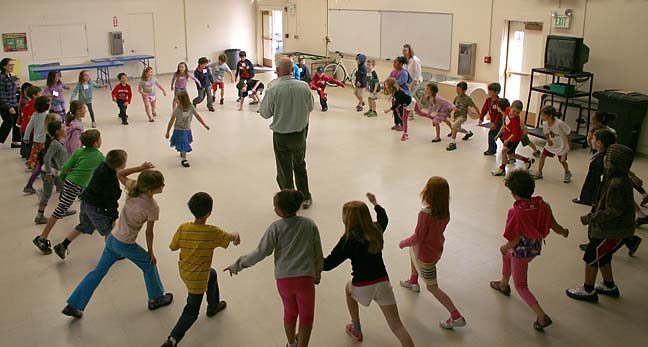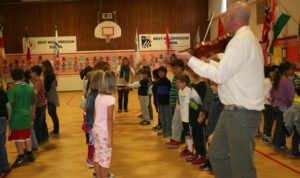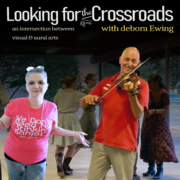EVOLOGY – Bending the Line with Evo Bluestein
Looking For The Crossroads Number 15
 I’d connected with Evo Bluestein just as he was leaving the U.S. for France. He said he’d reach out when he got back, and he did. In preparation for this conversation–to get a feel for what’s important to Evo–I did a night-before-the-exam read of Wind Blowing Across a Field: Wisdom and Tales from 25 Musicians, co-written with Juliana Harris. The influence of the old masters is something I love to discuss, and here’s a whole book comprised of the words I seek. Evo and Juliana rounded them up for me.
I’d connected with Evo Bluestein just as he was leaving the U.S. for France. He said he’d reach out when he got back, and he did. In preparation for this conversation–to get a feel for what’s important to Evo–I did a night-before-the-exam read of Wind Blowing Across a Field: Wisdom and Tales from 25 Musicians, co-written with Juliana Harris. The influence of the old masters is something I love to discuss, and here’s a whole book comprised of the words I seek. Evo and Juliana rounded them up for me.
Me: Your book begins: “Traditional music inoculates our brains against being completely swept away by the influence of technology. It wakes you up in a certain way.” So what’s different, then, using tech vs. doing this without the tech?
EB: As soon as you start, the goal is usually to do this with people. We get together like people did for hundreds of years; ultimately, you don’t need technology. Part of my job is to encourage that. I say, “Let’s have a music party, maybe with music stands and stuff. Find a bunch of people who are at your level, get together and get better together.” In any genre there’s thousands of people sitting on the edge of their beds with their instruments, wondering where the other beginning jazz, blues, old time, singers–where are those people? You can use the internet to find a contra dance scene in your town. Then get off the bloody internet and go do it!
me: How does dance connect with people in a way different from attending a music performance?
EB: First of all, music when you learn to play it, and dance when you do it, you’re getting out of the spectator mode. People are used to paying to be in an arena with thousands of people.
Everybody should know how to have a connection to creating. The dance part is an extension–your body is becoming an extension of the music. Maybe you don’t play it, but you’re moving in rhythm to it. You are an extension of the music, whether you play or not, you’re saying, “I’m willing to interact with these other people and the caller and the band.”
Me: In a way, you’re a part of the band.

Evo Bluestein calls and fiddles at West Hillsborough School
EB: That’s right. I learned to call dances while I play the fiddle. I teach an entire pre-K through 6th grade school for a week, Monday-Friday every day, ending with a Friday night barn dance, which is really community building. When I started, I thought the importance was bringing culture. What I realized soon into it was that teaching kids how to behave with other people was maybe even more important! In my program everybody is part of the community. I’m teaching democracy.
At FAR-West, I’m gonna mix it up. There are so many wonderful dances from different traditions. It can be a mixture of things and still have continuity. Continuity is the connection you have with other people.
Read the fascinating full interview here!
As well as calling dance at the FAR-West 18th Annual Conference, Evo will present Storytelling: The West Coast Folk Music Revival of the 1960s and ’70s. He has a wealth of research from which to draw, compiled for his books Road to Sweet’s Mill and Wind Blowing Across a Field. If you haven’t registered for the conference yet, well, come on over: Register Here for FAR-West 2023.
EVOLOGY – Bending the Line with Evo Bluestein
Looking For The Crossroads Number 15













